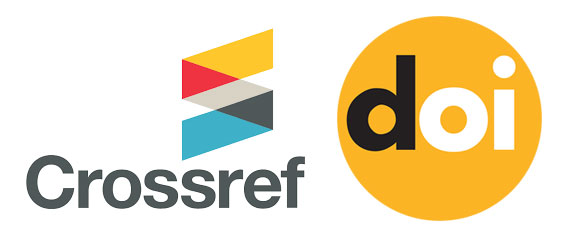THE POWER RELATION IN ONLINE GAME DOTA 2
Virtual Ethnographic Study on Power of Dynamics in the Process of Communication Authority in Virtual Community Online Game DotA 2 Server South East Asia
Abstract
The number of online gaming enthusiasts nowadays makes the emergence of competition between each game online, one of which is an online game DotA 2. DotA 2 game that requires strategy and teamwork to achieve victory makes it interesting to study, especially in the online game DotA 2 also has a point barometer of ability or player’s skill, namely, MMR (Matchmaking Ratio). In this study, researchers used ethnographic methods to virtualized data collection by observation participation.
The results of this study are the communication process is happening in the virtual community online game DOTA 2 through several stages of a communicator encoding to create a message that will be delivered verbally and non-verbally. After the message is sent then, decoding is done by the communicant which will produce an effects and feedback of the communication process with each other every competent player to be dominant communicator who is ultimately determined and agreed upon by the members of the team.
Furthermore, become communicators dominant, a player must have high MMR points that seemed to have a greater ability or skilful. However, it is not entirely a barometer of a communicant. There is a privilege to be a benchmark of trusted players or the communicant to the communicator dominant other than points outside the MMR itself, related to the personal attitude which affect other player, such as have a good communication skills and player’s ability in the match. This lead to a power against the dominant communicator and the power is exactly what is called as the charismatic authority.
REFERENCES
Boellstorff, Tom. 2008. Coming of Age in Second Life : An Anthropologist Explores the Virtual Human. New Jersey. Princenton University Press.
Creswell, J. W. (2010). Research Design: Pendekatan Kualitatif, Kuantitatif, dan Mixed. Yogyakarta: PT Pustaka Pelajar
Firat, Mehmet. 2011. Virtual Ethnography Research on Second Life Virtual Communities.Eskisehir Turkey: Anadolu University Departement of Distance Education.
Helmut K. Anhier dan Stefan Toepler. 2010. International Encyclopedia of Civil Society. USA: George Mason Universty.
Hine, C. 2000. Virtual Ethnography. London: SAGE Publications, Ltd
Kadir, Abdul. Prinsip – prinsip Dasar Rasionalisasi Birokrasi Max Weber Pada OrganisasiPerangkat Daerah Kota Kendari Provinsi Sulawesi Tenggara. Staf Pengajar Universitas Haluoleo Kendari. 2015
Ranoh, Ayub. Kepemimpinan Karismatik. Jakarta: BPK Gunung Mulia 1999
Rangkuti Freddy. 2009. Strategi Promosi yang Kreatif dan Analisis Kasus IMC. Jakarta: PT Gramedia Pustaka Utama
Warner, Dorothy E. Dan Mike Raiter. 2005. Social Context in Massively-Multiplayer Online Games (MMOGs): Ethical Question in Shared Space. International Review of Information Ehics Volume 4.
Wu Song, Felicia. 2009. Virtual communities: Bowling alone, online together. New york: Peter Lang Publishing
Williams, Dana. Max Weber: Traditional, Legal – Rational, and Charismatic Authority. Sociological Theory 3850:560. The University of Akron, Ohio. 2003




